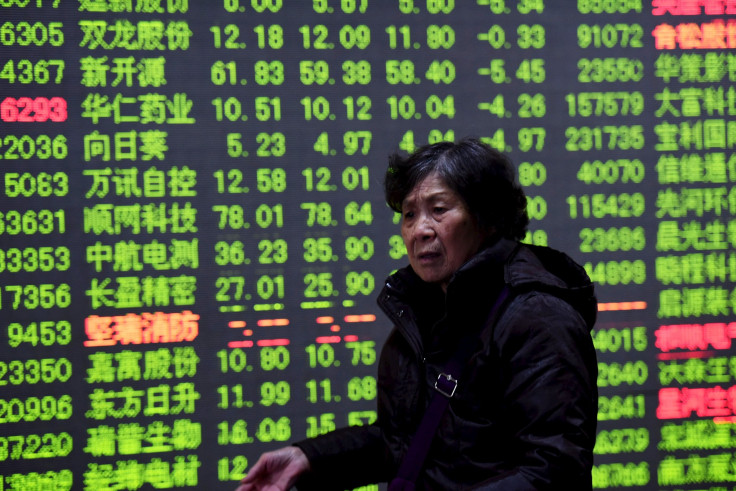China’s Securities Regulator Pledges To Strengthen Oversight Amid ‘Abnormal’ Volatility

China’s stock market is immature and the government will take more measures to improve supervision following the latest bout of extraordinary volatility, the head of the China Securities Regulatory Commission (CSRC) said Saturday. “The abnormal stock-market volatility has revealed an immature market, inexperienced investors, an imperfect trading system and inappropriate supervision mechanisms,” Xiao Gang said at an annual meeting. His remarks were published on the CSRC website.
Xiao said the stock-market rout has highlighted the problems facing the CSRC’s regulatory mechanisms, adding the authority will learn from this year’s problems and strengthen supervision to avoid risks and promote healthy and sustainable development in capital markets.
The CSRC instituted a flurry of blunt measures in 2015, including halting short selling and banning share sales by major shareholders to stabilize markets after major indexes plunged more than 40 percent last summer.
Indexes had rebounded about 25 percent late last year from their August lows, but have plunged back into bear-market territory in early 2016, alarming investors worldwide.
Xiao warned that fresh falls in global equities, together with increasing global uncertainties, stronger expectations of a weakening yuan and rising debt-default risks will bring more regulatory challenges for China’s capital markets.
The securities watchdog said it will improve supervision in margin trading and program trading to seek stability in the stock market, while stepping up supervision of account ownership.
China will also intensify crackdowns on insider trading and manipulation by funds and curb speculation in equities and futures market.
However, China will further open up its capital markets to attract more investment and push forward to improve the new third-board system as well as a registration-based system for stock market flotations, Xiao said.
© Copyright Thomson Reuters 2024. All rights reserved.











